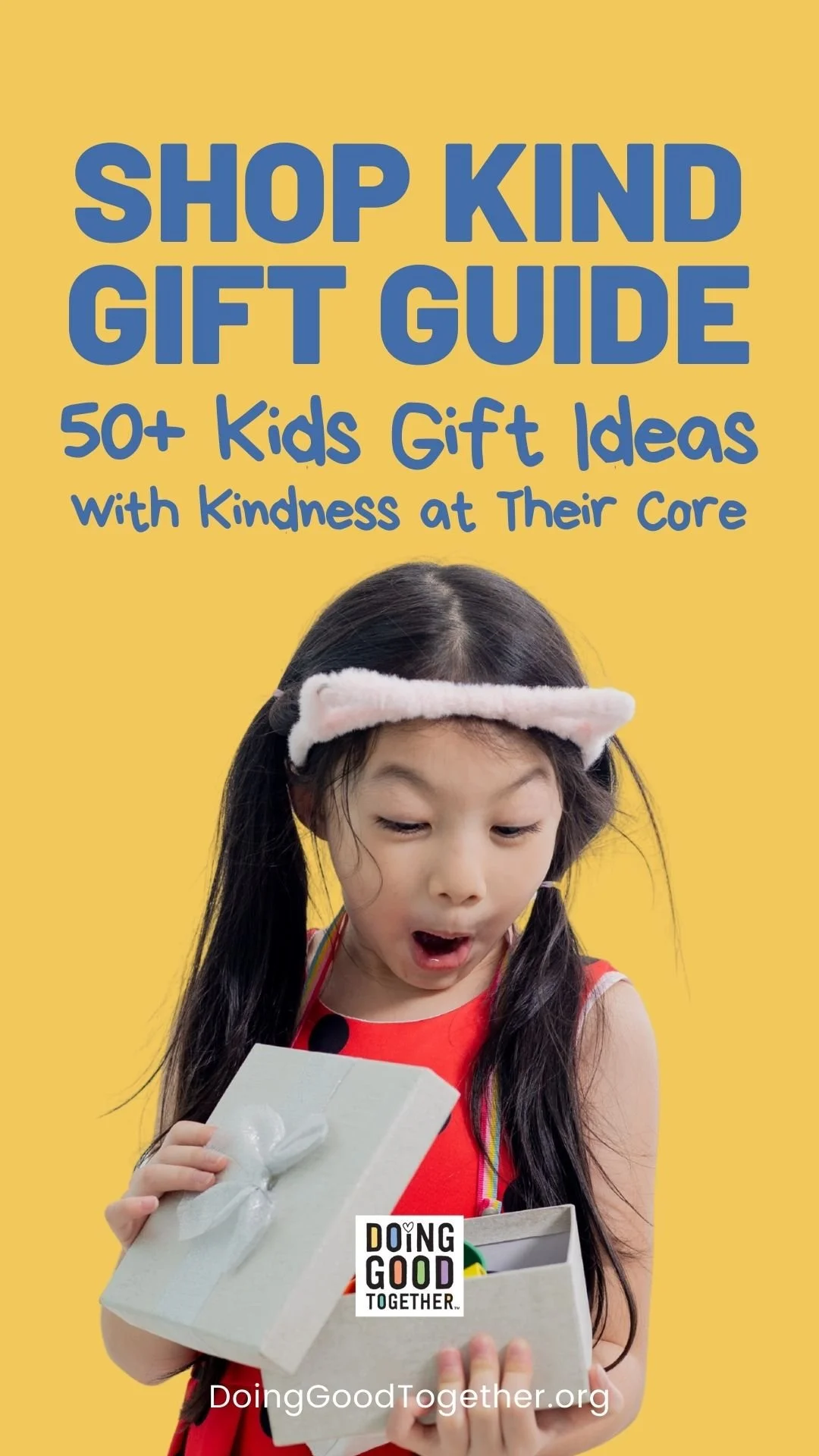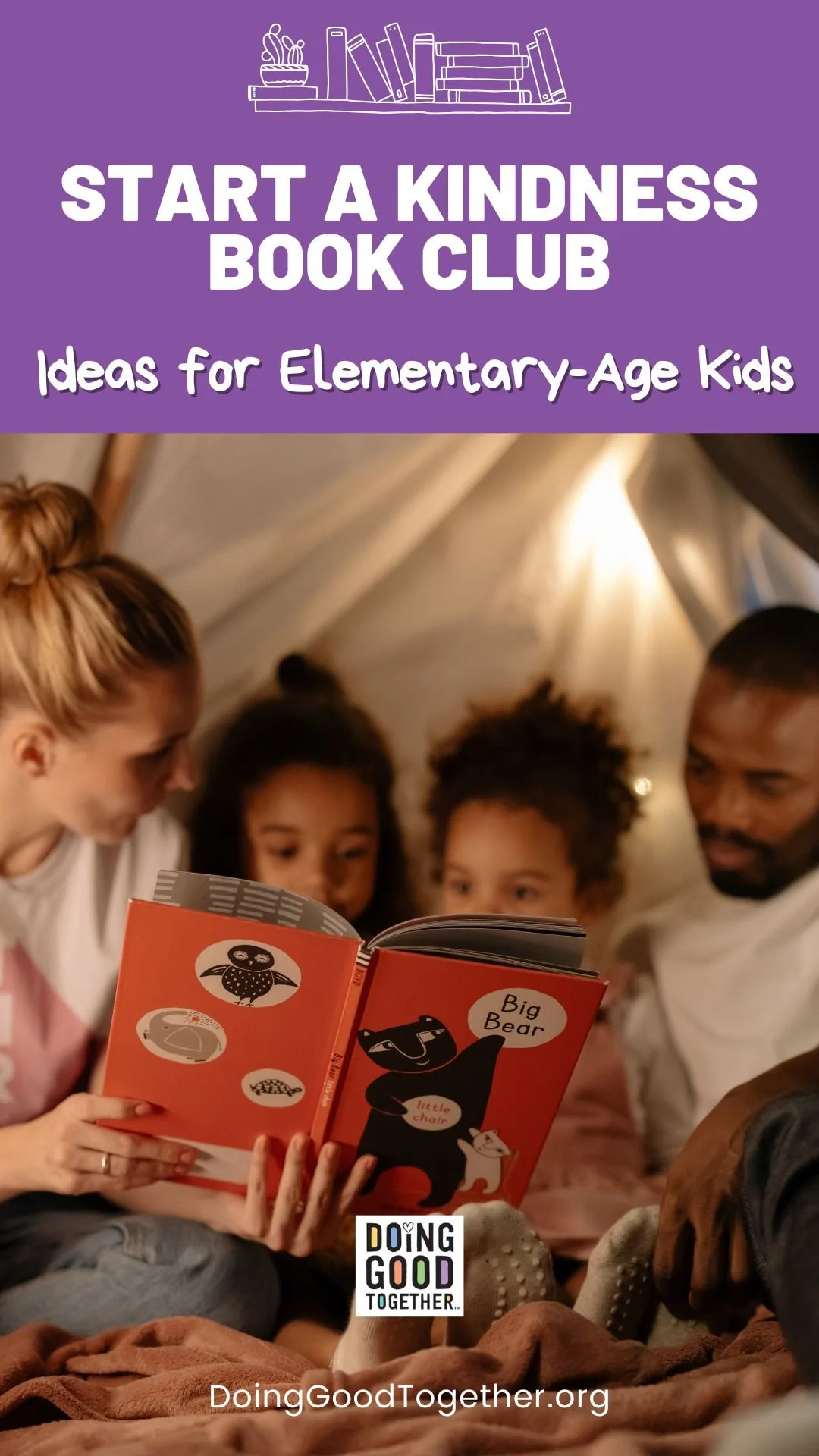Learn ways to include kindness lessons in educational settings and beyond! Through learning about kindness, children learn empathy and compassion and can begin viewing the world around them through the eyes of others as they appreciate diverse perspectives. By building kindness activities into regular educational practices, we prepare kids for life as an adult who cares and contributes to the world around them.
Transforming a Child’s “I Can’t” into “I Can!”
As adults, we have a better sense of what is within our locus of control and how we can approach solving problems from our mature perspective, whereas young children see a lot of problems as big and insurmountable even if they are not. The good news is that we can cultivate the growth of our child’s sense of helpfulness over time in ways that match their developmental stage, while teaching about both agency AND the interconnectedness of humanity.
Inspiring a Growth Mindset for Kids: How Parents Can Lead by Example
in the last few years, I have worked diligently to cultivate a growth mindset and to model that approach for my teenage children. The basic idea behind this concept is that by using “yet” at the end of a sentence, we reframe our approach to problems and retrain our brains to see challenges as opportunities to learn and grow.
How to Talk to Kids About Poverty, Mental Illness, Systemic Racism, and Violence
The world in which we are helping our children to grow is not free from adversity, small or large. We cannot shield young people from the troubles of their community and world. And while it might make us caring adults feel better to try, research shows that doing so is not to their benefit, either. Children are innately curious and working continuously on relating to others as their empathy skills develop. They wonder about big questions like, “how am I similar or different to people I see suffering,” “could that happen to me,” and “my heart hurts for them; how do I help them.” Many who witness tragedy or challenges faced by other people in the world ask the same questions. How do we explain problems like poverty, mental illness, systemic racism, and violence to these small humans?
Help Kids Build Resilience
Celebrate Kindness this Valentine’s Day with Doing Good Together™
Create a Family Mission Statement This Resolution Season
Research shows that families who co-create mission statements and continually revisit their shared values feel more connection to one another and a sense of responsibility to others. It also aligns with the values of families who are Doing Good Together! Does this sound like something you and your family would like to try? Here are some tips to encourage you in writing a mission statement that reflects your family’s values and centers your efforts to identify and continually practice your family’s mission.
Empathy and Perspective-Taking
At times, my now-teenagers had a great capacity to step into the shoes of another; but at other times, I felt that despite my best efforts, empathy was lacking. I also noticed that their empathy skills developed differently, despite having the same parents and upbringing. How did what came so young and so naturally for one child seem so challenging for another?
Grow Big Hearts with a Family Book Club!
Making time to read and wonder together offers a comforting oasis in an often chaotic world, for both children and parents. To make getting started easier for your family, we at Doing Good Together have added several bookish acts of service to our growing Pick-a-Project collection.
Share 31 Days of Hygge-Inspired Kindness
Compassion Fatigue? 5 Big-Hearted Strategies for Self-Care
Self-care may conjure visions of bubble baths and movie nights (two creature comforts I fully embrace), but there is lots of evidence that a few intentional wellness strategies can help us feel great even in the midst of chaos. These five strategies can help you cultivate your whole family’s sense of well-being.
Raise Kindness! How Can Your Busy Family Practice Compassion Every Day?
At Doing Good Together, we help families start and sustain an intentional “ kindness practice,” a powerful combination of daily habits, big-hearted conversations, great books, and volunteer experiences. Starting - and sustaining - an intentional kindness practice with your busy family is easier than you’d think. Here are the tools to get you started!











